Celebrate our skills – and how we develop them
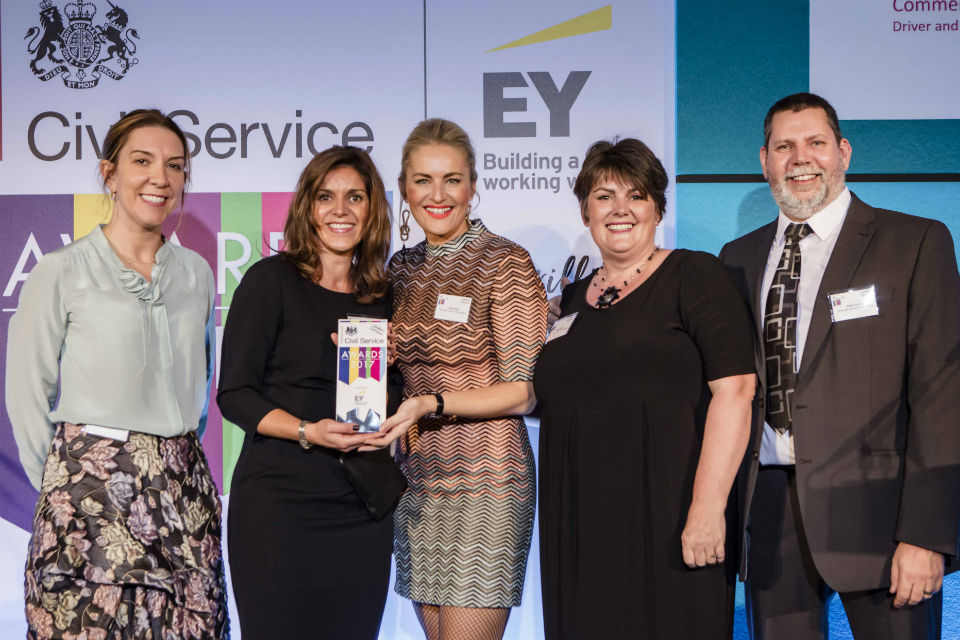
...career), as well as how to get up the learning curve in new areas (overseeing a £10 billion budget; providing an inspiring vision that brings together all of DFID’s experts,...

...career), as well as how to get up the learning curve in new areas (overseeing a £10 billion budget; providing an inspiring vision that brings together all of DFID’s experts,...
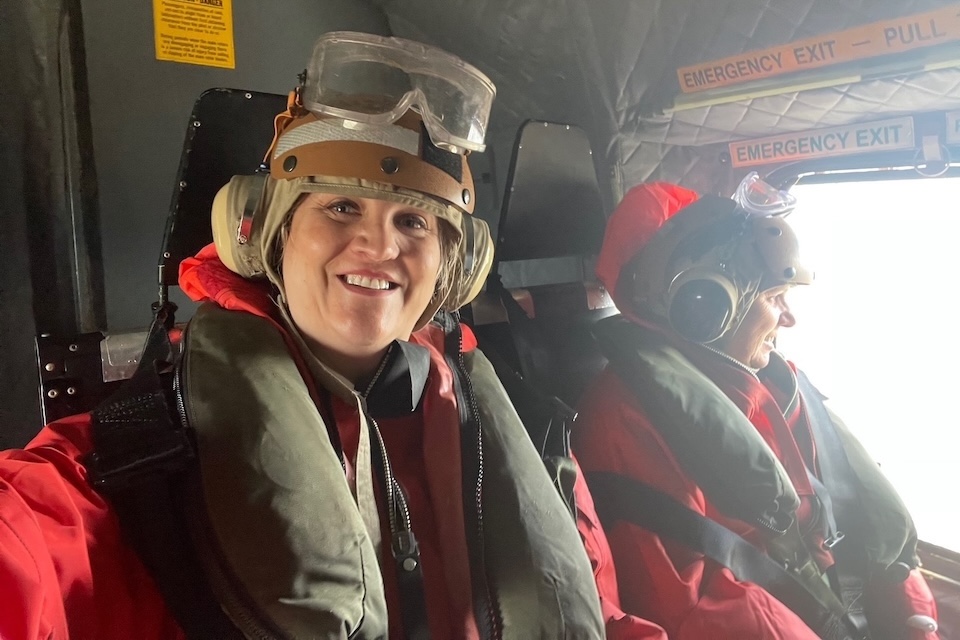
...the UK, it would mean the biggest warship export deal in history. More than that, it would pump billions into the UK economy, sustain 4,000 jobs (including 2,000 in Scotland)...
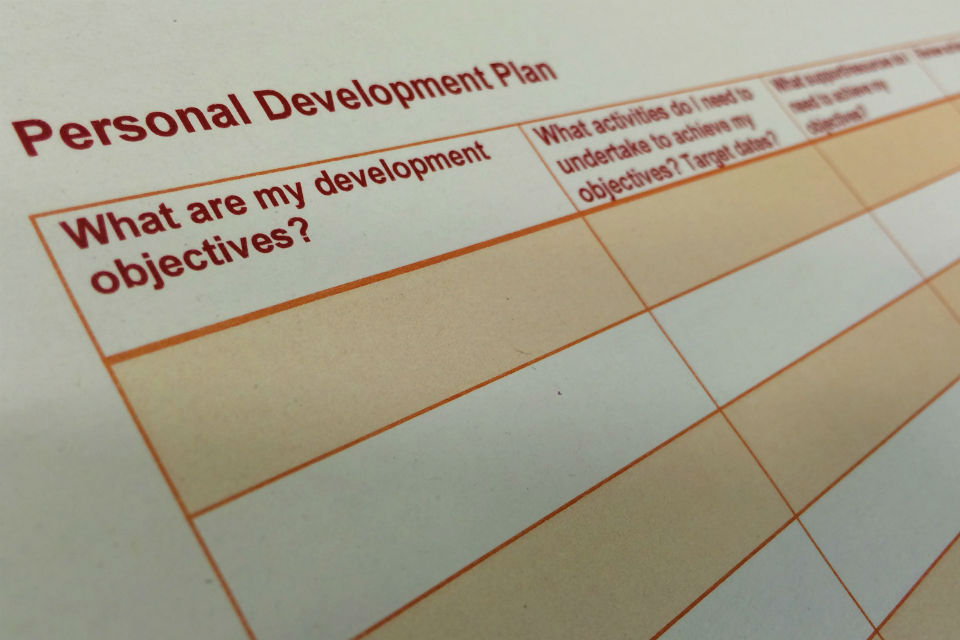
...to measure how successful you’ve been. Examples might be: learn how to use Microsoft Excel to create a spreadsheet, including calculations and graphs to be able to present data for...
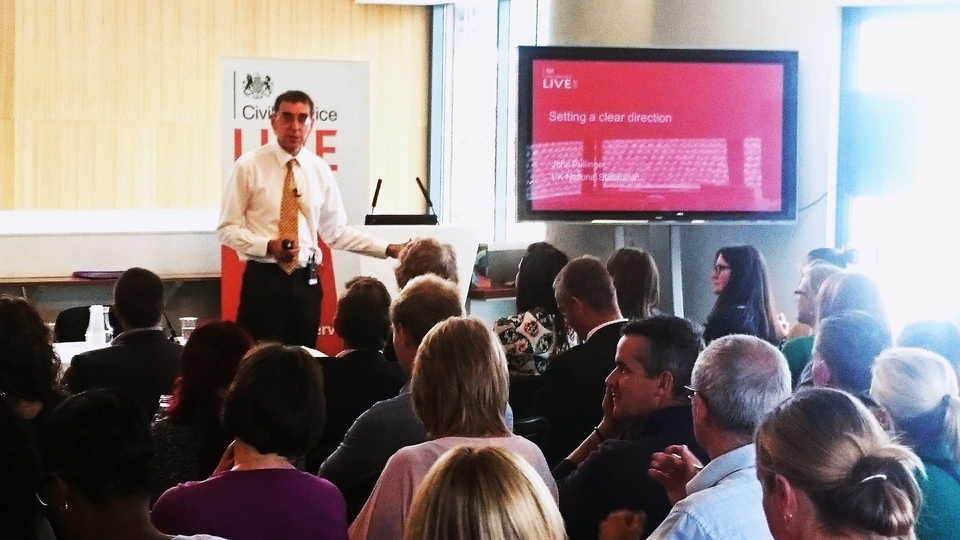
...is being inundated with UK and international interest in how it could help us in understanding the dynamics of our modern economy, how our cities work and other pressing issues....
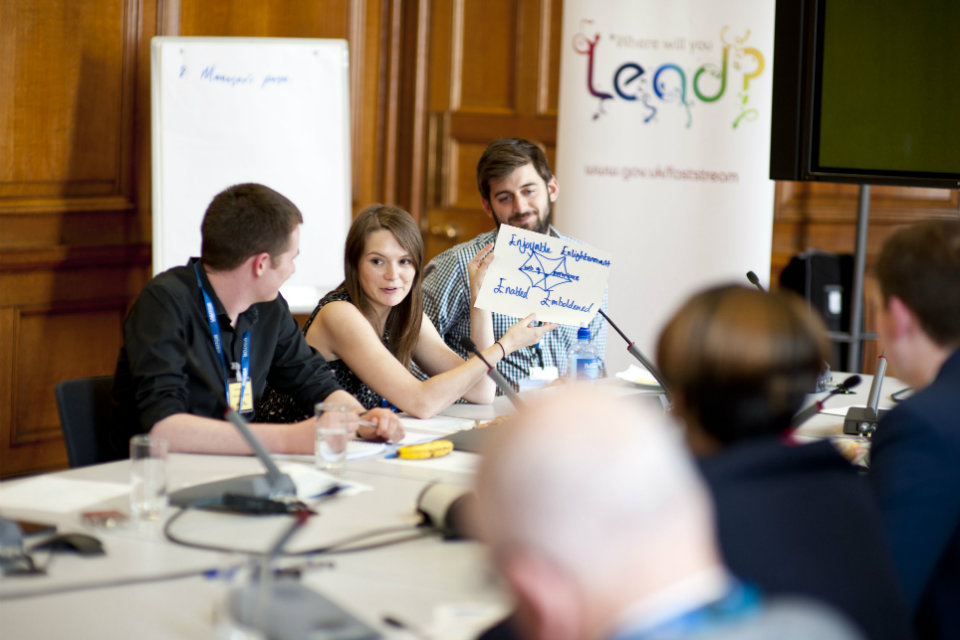
...that Jonathan will keep in touch with us in future and consider a return to the public sector one day.” During my placement in the Civil Service I was able...

...in the way humanists bring their values into the workplace. For a start, that means thinking about what it is to be a humanist. I prefer to use the term...

...now until 7 May, the key principle to keep in mind is that we should do everything possible to avoid any activity that could call our political impartiality into question...

...there is clearly much we share. Having the opportunity to see what works, to learn from each other and to use that evidence to improve both policy-making and public services...
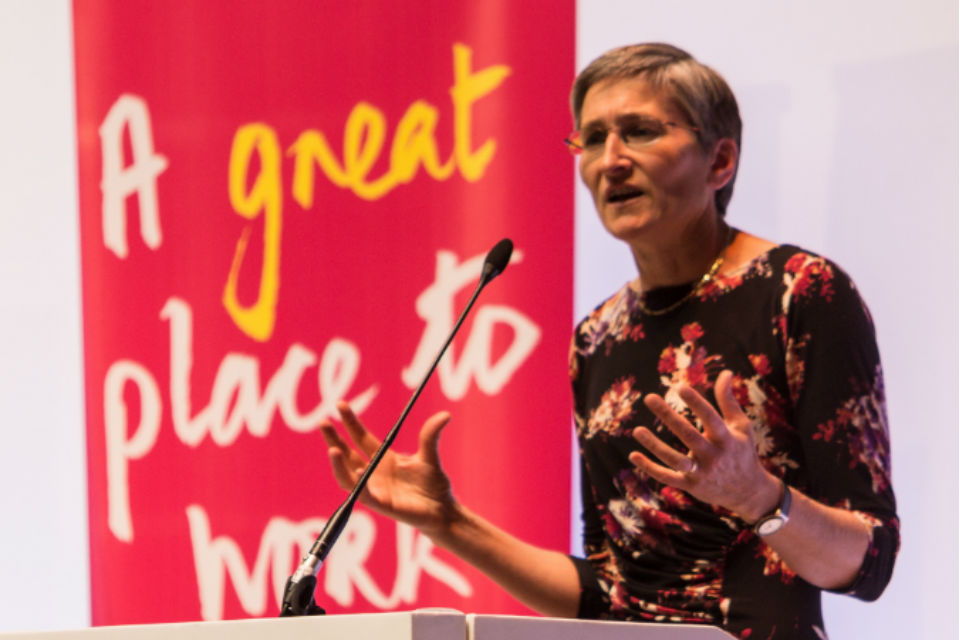
...and introduced me to binary systems, programmable calculators and early home computers such as the ZX81. In 1981, before going to university, I worked for GEC’s research lab, writing code...
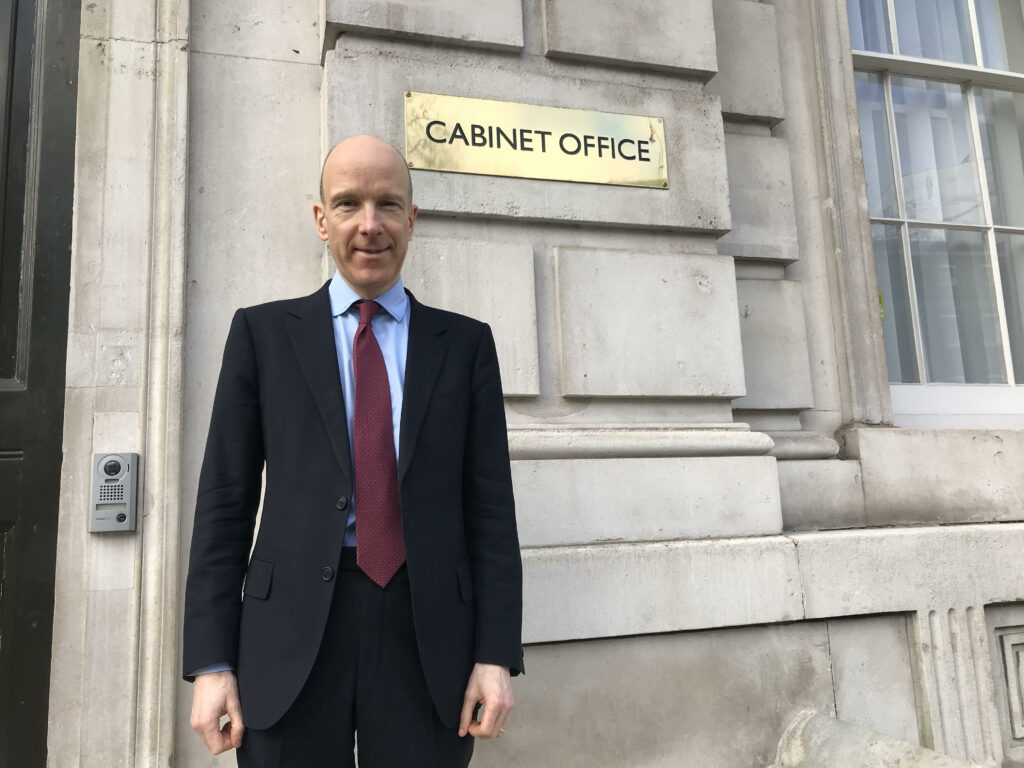
...in the delivery of public services. Like inclusion, accessibility isn’t just the moral and legal thing to do. It enables us to achieve better policy delivery, recruit and retain the...